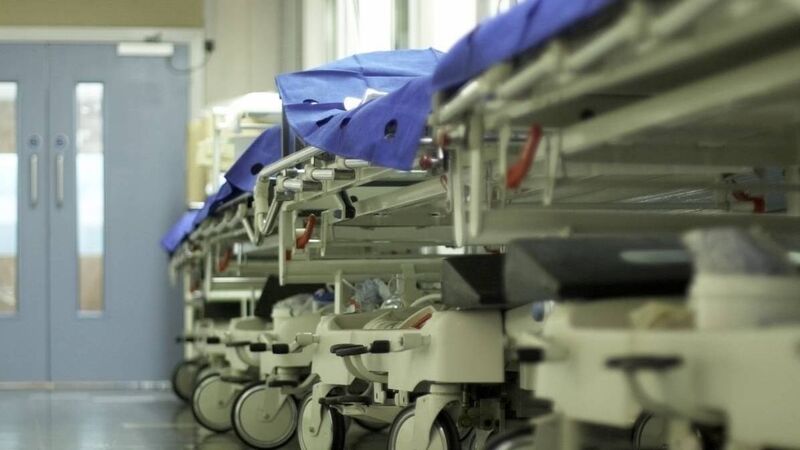Overcrowding in Cork hospitals causes concern

In Cork, there have been 1,611 patients on trolleys so far this month, 1,140 in Cork University Hospital (CUH), 375 in the Mercy and 96 in Bantry General Hospital according to the This is already above the 1,474 patients treated on trolleys last month, which included 1,039 in CUH, 360 in the Mercy and 75 in Bantry.
The Irish Nurses and Midwives Organisation (INMO) has expressed concern about hospital overcrowding, as more than 10,000 people have been treated on trolleys in Irish hospitals so far this January.
In Cork, there have been 1,611 patients on trolleys so far this month, 1,140 in Cork University Hospital (CUH), 375 in the Mercy and 96 in Bantry General Hospital according to the INMO this is already above the 1,474 patients treated on trolleys last month, which included 1,039 in CUH, 360 in the Mercy and 75 in Bantry.
CUH trolley figures have been 70 or higher almost every day this month, rising as high as 82 earlier this week.
Persistently high levels of influenza and other respiratory illnesses have been contributing to high trolley levels across the country, with the snow and ice earlier this month also bringing a significant number of patients to emergency departments after suffering falls – there are concerns that the storm this morning will add further pressure.
INMO General Secretary, Phil Ní Sheaghdha highlighted that nurses and midwives made very dangerous journeys into work on Thursday night and this morning to work in very busy emergency departments and wards.
She said: “Over 10,000 patients have been treated on a trolley so far this month, on course to be the worst January for overcrowding since the INMO began counting trolleys in 2006.
“The situation in many hospitals is completely unworkable for our members who are currently trying to offer care in intolerable circumstances.
“We are hearing of so many incidents of vulnerable patients being placed on infection control wards, despite high risks identified by nursing staff who have been overridden by non-clinical staff, and this is simply unacceptable to clinical nurses who are obliged to advocate for patients.”
She added: “Dramatically reducing the number of patients being treated in inappropriate spaces must be one of the top priorities for the new Minister for Health once they have been appointed.”







 App?
App?


